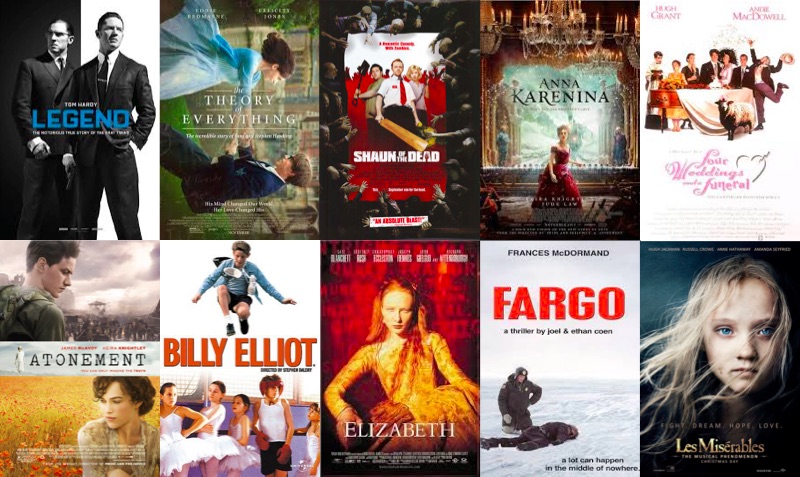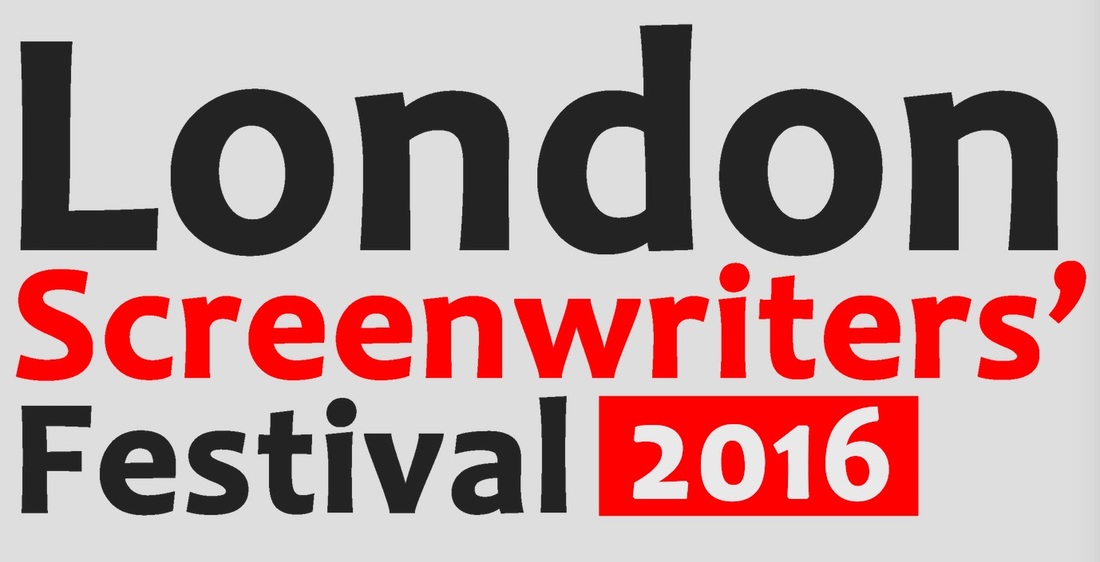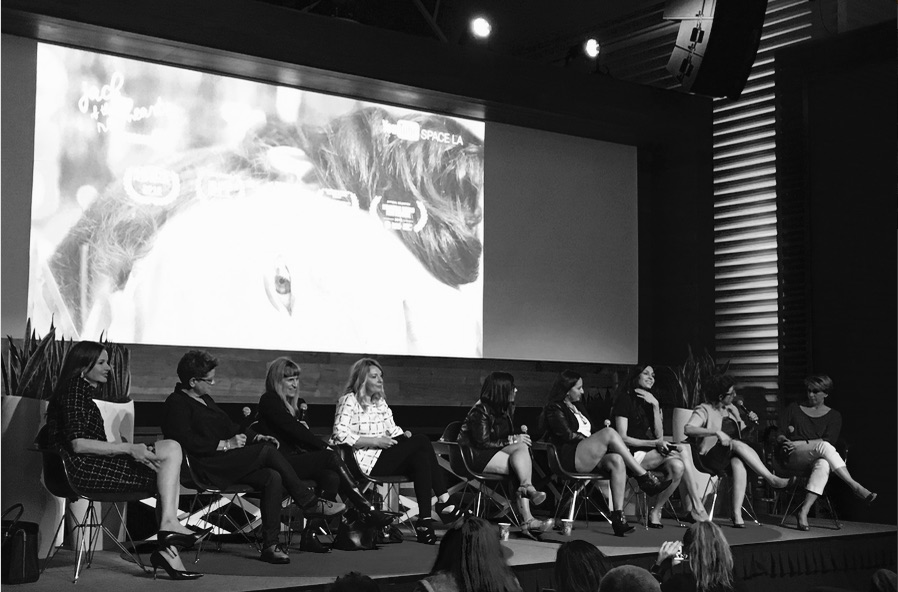Everybody begins in obscurity
Tim started as a runner for John Cleese’s corporate video production company, which made training videos. From there he went into music video production, which really took off in the early 1980s with the rise of MTV.
The Early Days of Working Title
In 1983 Tim founded Working Title (WT) with Sarah Radclyffe. In this early phase the company was what Tim calls “properly independent”. It benefited from the confluence of several external factors:
- energy injected into the entertainment industry by music videos
- founding of Channel 4, which had money to invest in content
- Thatcher smashing the unions, filmmaking having been heavily unionised
In this brave new Britain, Tim approached established directors to make music videos. The results weren’t all that great, but he built a network of relationships. One director he got to know this way was Stephen Frears.
Then Channel 4 approached all the resident writers at theatres in the UK and asked them to write a script. Hanif Kureishi, writer in residence at the Royal Court Theatre, submitted “My Beautiful Launderette”, a tale of an inter-racial homosexual relationship set in a launderette.
Nobody had ever seen anything like it before. Kureishi’s script, Frears’ directing and a star turn from Daniel Day-Lewis delivered WT’s first major hit. Originally intended as a TV movie, it enjoyed a six-month run in UK cinemas and was Oscar-nominated for best original screenplay.
Lessons Learned from Stephen Frears
Stephen Frears insists on the writer being on set and being available to him. He sees himself as the interpreter of a script. After working with Stephen, WT began to accord more importance to the script and to make it central to everything they do. Tim learned that the films that work best are where there’s a strong collaboration between the writer, the director and the producer.
Meeting Richard Curtis
After the success of “My Beautiful Launderette”, one of the next seminal moments in the development of WT came when they decided to make a feature film written by TV comedy writer Richard Curtis. Financed through London Weekend with the help of Harvey Weinstein, for whom this was the first foray into the British market, “The Tall Guy” starred Jeff Goldblum and Emma Thompson, and despite a memorable apartment-smashing sex scene, didn’t do great business at the box office.
One day, long after everyone had given up on the film making any money, a royalty cheque arrived. Tim could have used some creative accounting and found a way to keep all of that money in-house, but he decided to be honest and sent Richard his share. Richard was so pleased to receive the money, he called up and offered Tim his next script: “Four Weddings And A Funeral”. Since then they’ve gone on to make several successful films together.
The Polygram Deal
By the early 1990s, Tim and Sarah’s vision for the company had diverged. Tim was more commercial, while Sarah was more indie arthouse. Then in 1992 WT came to an agreement with Polygram, intended to free them from financing and distribution, so that they could focus on with the business of making films. Sarah left and Tim struck up a new partnership with Eric Fellner.
The company had always been comfortable coming and going between London and L.A., but now they decided to be properly ambidextrous and set up development teams in both markets. There’s no getting away from it. Hollywood is the centre of the film industry. If you’re financing a film, at some point that money is going to go through Hollywood. Same thing if you’re distributing a film; at some point Hollywood is going to be involved. The difference between the two markets from WT’s perspective is that in London they have to be more proactive in finding material, while in L.A. they are in reactive mode because there is just so much of it.
Working Title’s Development Process
A project will either be assigned to Tim or to Eric. They will of course be aware of what the other is working on, but this allows them to cover more ground and avoid ‘divide and rule’ stratagems by other parties. Each project will also have one of the heads of development on it, Liza Chasin in L.A. or Amelia Granger in London, plus a junior development person.
They source their material from three areas:
- Books and articles (e.g. “Bridget Jones’ Diary”, “Captain Corelli’s Mandolin”)
- Ideas that arise from talk and banter amongst themselves (e.g. “Elizabeth”, “French Kiss”, “The Interpreter”)
- Pre-existing creative relationships
If something needs to be written, they will put together a list of writers. Given their firm belief that it is important to champion new writing, this list will include one or two new writers as well as more established writers. The brief will be sent out to five writers and WT will meet with the ones who respond. Writers who are bold and have a take on the material are the ones that get hired.
Part of the selected writer’s job will be to write a two-page beat-sheet, which may go through several iterations. Only when this is right will the writer move on to do the script. The beat-sheet will tell them what the story feels like, where the act breaks will come, and so on – it’s essentially about story structure and emotions. They may even card the movie on the wall so that they can see its shape.
Once this work is complete, the writer will do the first draft of the script. This is where the character work is done. The writer creates characters the audience can empathise with and who can carry the story.
Tips for Writers Who Want To Work With Working Title
- If you want to get onto WT’s roster of writers, make sure the junior members of the company know you. Theatre is very important – junior staff members will go out to see plays two or three times a week. TV is also important. Nevertheless, the company will take on a new writer via other routes if they have a truly outstanding idea.
- Another way in is through their Writers’ Room initiatives. They did one for the last Bridget Jones movie and they intend to run another one for the next Johnny English movie. The idea is that writers spark off one another and come up with fresh and funny situations to feature in the final script.
- As with any production house, it is essential to be aware of what WT likes. Tim has a preference for clear genres. “So many things today are feathered fish,” he says, by which he means cross-genre.
- Also bear in mind WT is commercial. It’s not all about the deal, but they are in this business to make a return so that they can carry on and make the next film. A WT film has to have a compelling hook and a star part. Tim gave the example of “Legend”. When Tom Hardy told him and writer/director Brian Helgeland that he wanted to play both of the Kray twins, Tim immediately knew he had his hook – that’s the reason people will pay £10 to see this movie.
- These days releasing a trailer is almost as big as releasing the film itself, so think about those trailer moments and be clear what they are when you’re talking about your script.
- One of the most valuable things a writer can do is to spend room in the editing suite. A movie is made three times: once when it’s being written; again when it’s being shot and the final time when it’s being cut. In the editing suite, the script doesn’t matter any more – image is paramount. You have actors who can cover five pages of dialogue with just one look.
- When you’ve got momentum on a project, don’t stop. Maybe it’s only 70% ready, but keep going, because you can catch up on the other 30% as you go. If you stop, you may never be given the chance to make the project again.
- Final tip: CONFIDENCE. Nobody knows anything. Nobody can really tell what will work and what won’t, but they may just give you the money if you’re confident.
Sharpen your writing skills by attending London Screenwriters' Festival, September 2-4, 2016.
Apply discount code KTPARKER-16X to receive a £23 reduction on your ticket!



 Flux RSS
Flux RSS
